Students take mental and physical well-being into their own hands by investigating the effects of nature

The Institute for Research in Schools (IRIS), which is supported by Wellcome, has launched Well World, a new project that enables students to explore the links between their environment and their mental and physical well-being. The students involved are currently studying geography, biology, environmental science and psychology.
The well-being of students and their school communities is of increasing importance, as can be seen by the steady stream of headlines on the topic. Although much has already been done to raise awareness of this issue, Well World offers young people the unique opportunity to tackle this challenge directly by contributing evidence-backed ideas and solutions that help themselves and other students across the world.
Well World has so far been piloted in one primary and five secondary schools across England. Students have been investigating one of two research questions: whether spending time in areas with more diverse plant and animal species is linked to lower blood pressure and anxiety, or whether exercising outdoors is more beneficial for their well-being than exercising indoors.
The pilot has involved students from Year 4 to Year 13 and a number of students are writing up their Well World projects as part of a British Science Association CREST award or Extended Project Qualification.
The students’ research is supported by researchers from the University of Cambridge and Canterbury Christ Church University.
Sam Goodfellow, biology teacher at Simon Langton Girls’ Grammar School, whose work inspired this project, described her experiences working with students and university collaborators:
“Taking part in this project has been incredibly rewarding both as a teacher, but also as a biologist. It has been wonderful to watch students discover the trials and tribulations of taking part in real research from planning to evaluation and experience the thrill of finding out something new. I am now able to reference our research in the classroom and pupils can experience the importance and relevance of experimental work on their doorstep. After twenty years in the classroom this experience has reminded me of my love of science, not just my love of teaching it.”
Professor Becky Parker of IRIS said this about the project:
“Incorporating students in research of this kind seems like such a logical step. This generation are aware of the problems with mental and physical wellbeing and, could likely be the ones to find a plausible solution. The results we have seen so far are encouraging and we hope to see more interest from schools around the country.”
Mat Hickman, Programme Manager at Wellcome said:
“Asking questions and investigation are at the heart of scientific inquiry. We’re delighted to support IRIS’s efforts to enable students to do authentic research projects in their science learning. Not only does the project touch on issues that will be important to students’ futures, it offers them an opportunity to find and shape solutions that work for them.”
You can access resources for students and guides for teachers interested in starting research projects in their school at the IRIS website, or by email.
About The Institute for Research in Schools (IRIS): A charity which launched in 2016 where research is a key element of learning STEM such that both teachers and students are contributing valued members of the Scientific Community. IRIS makes cutting edge research projects open to school students and their teachers so that they can experience the excitement and challenge of science. It makes data accessible to schools, providing teacher training and resources, and lends out scientific research equipment.
Wellcome exists to improve health for everyone by helping great ideas to thrive. Wellcome is a global charitable foundation, both politically and financially independent. Wellcome supports scientists and researchers, take on big problems, fuel imagination and spark debate.

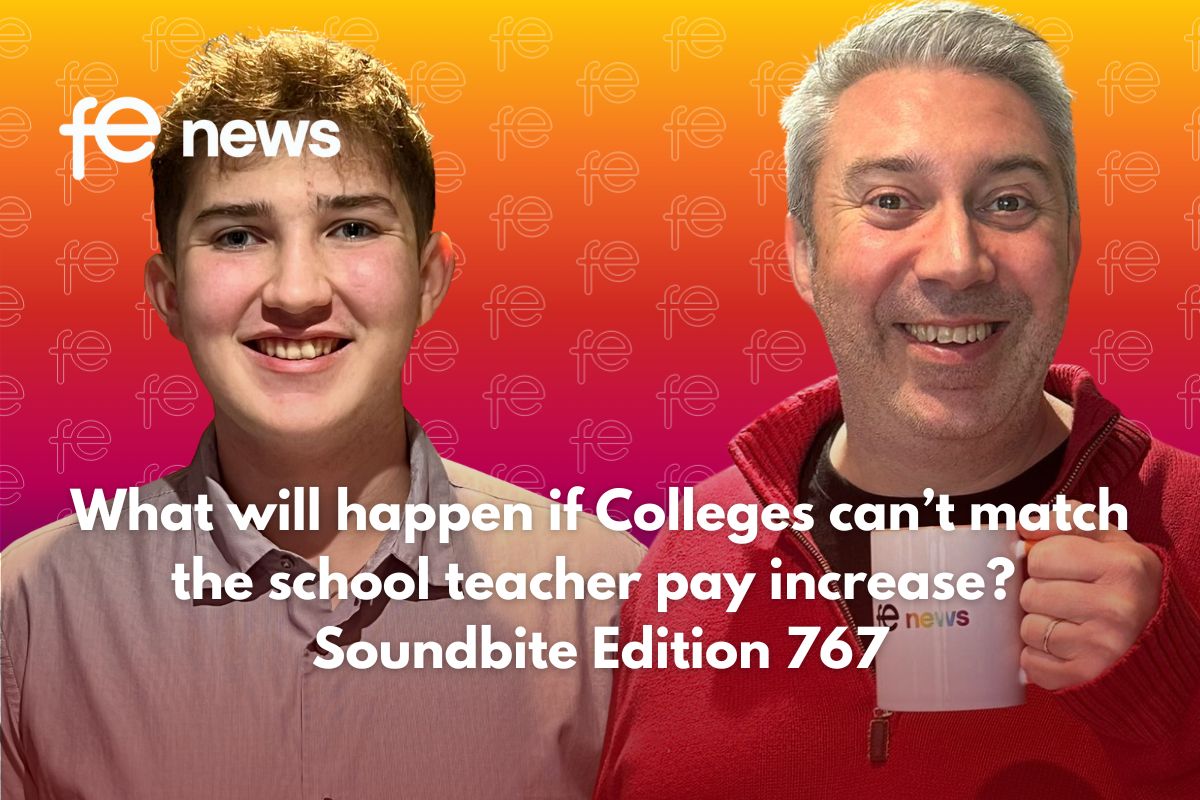



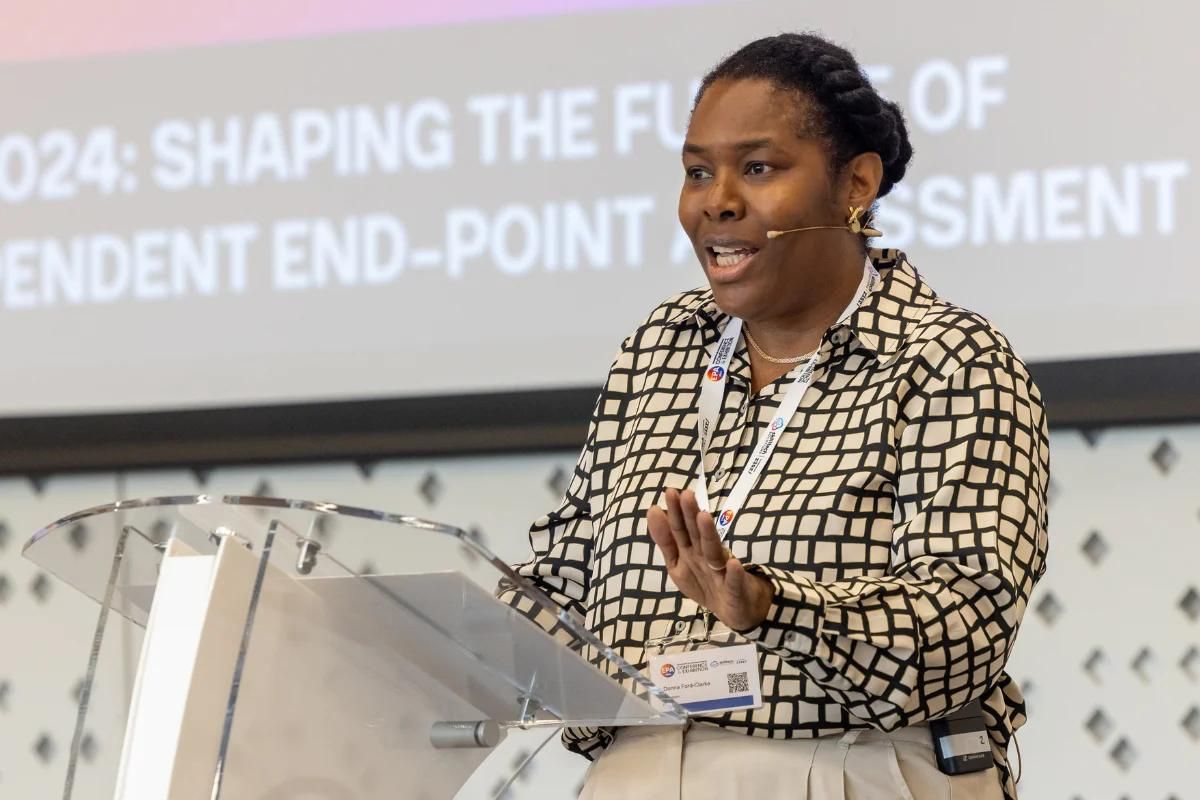
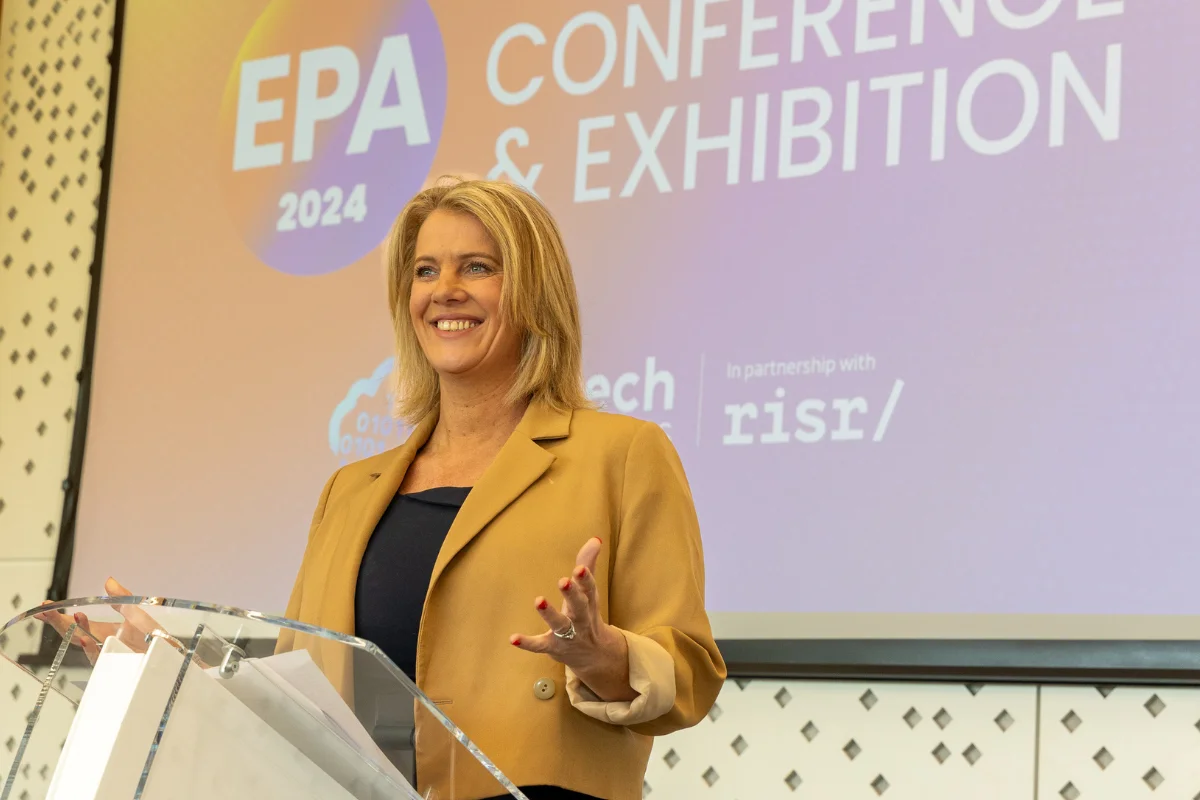


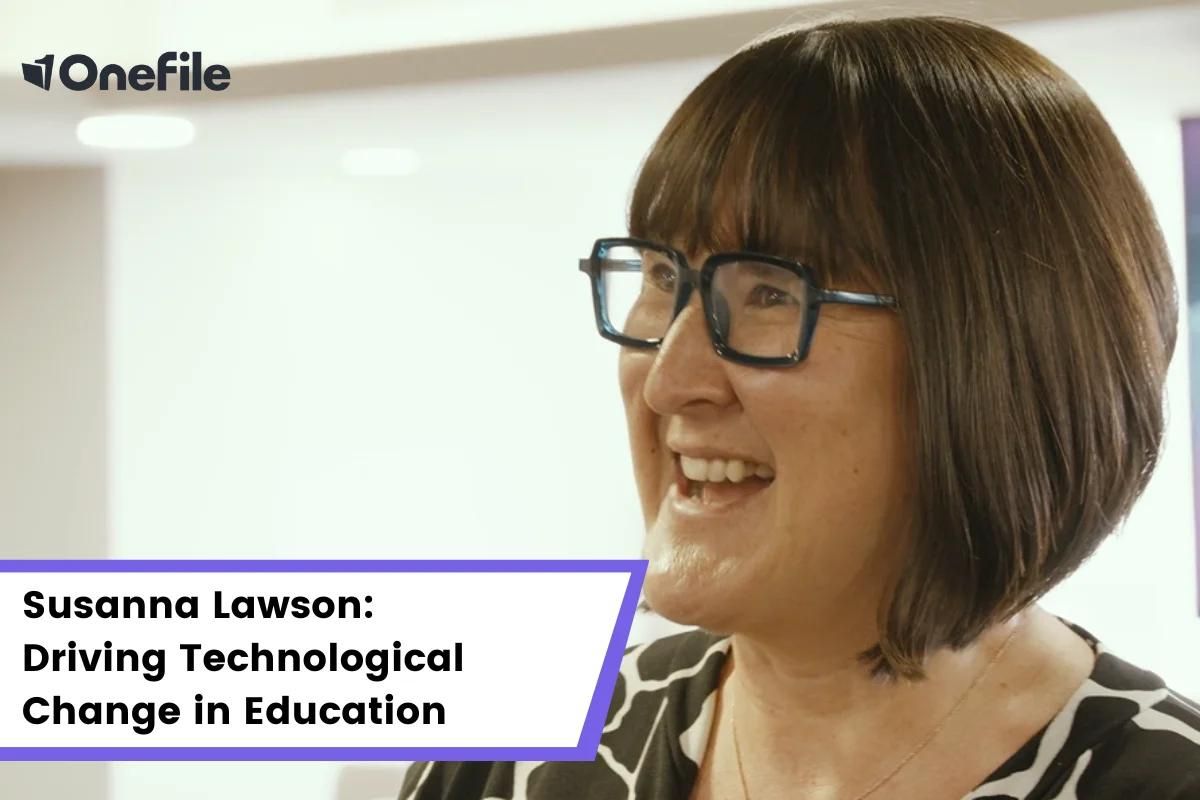
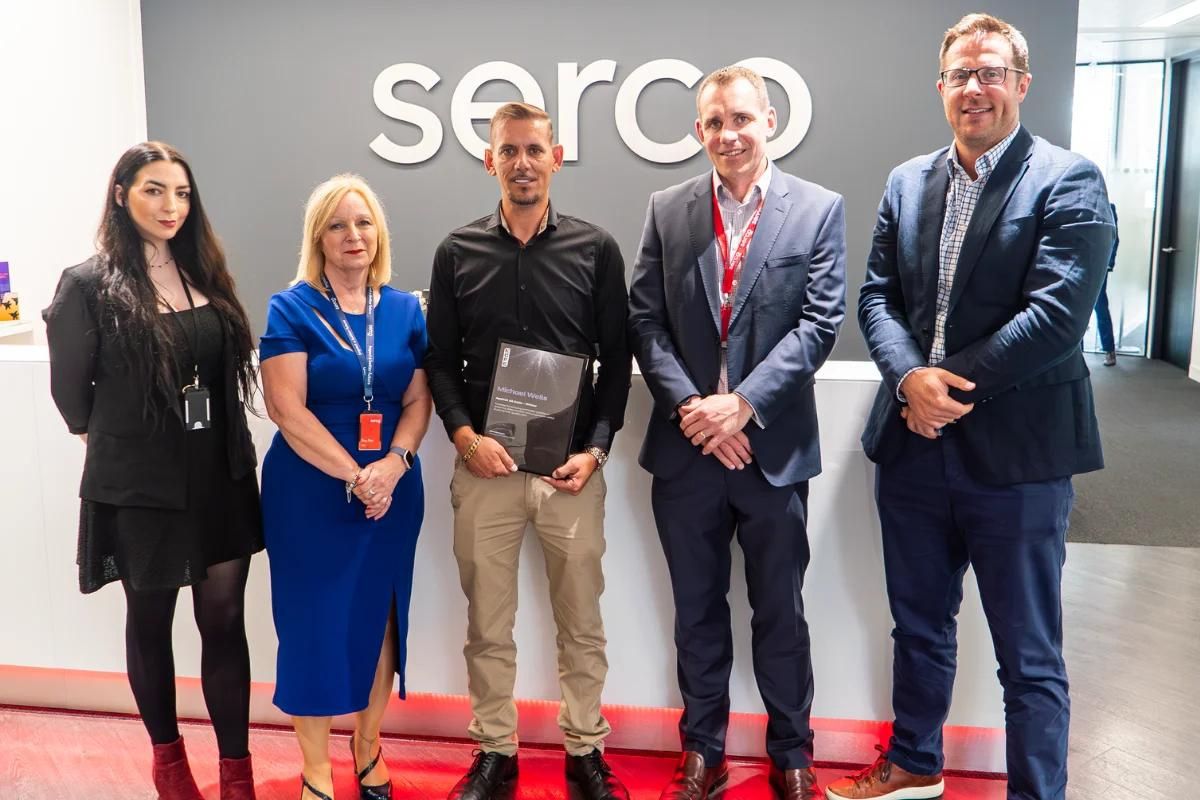
Responses